Topiramate Raises Glaucoma Risk More Than Other Medications
This study looked at the risk of developing glaucoma in patients with epilepsy who were prescribed different medications: topiramate, valproate, and lamotrigine.
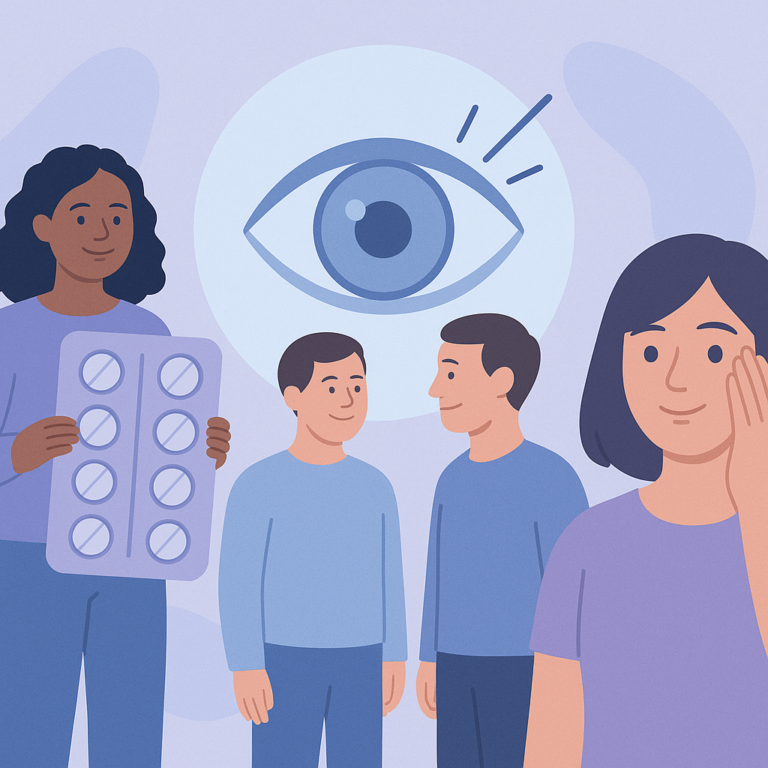
This study looked at the risk of developing glaucoma in patients with epilepsy who were prescribed different medications: topiramate, valproate, and lamotrigine.
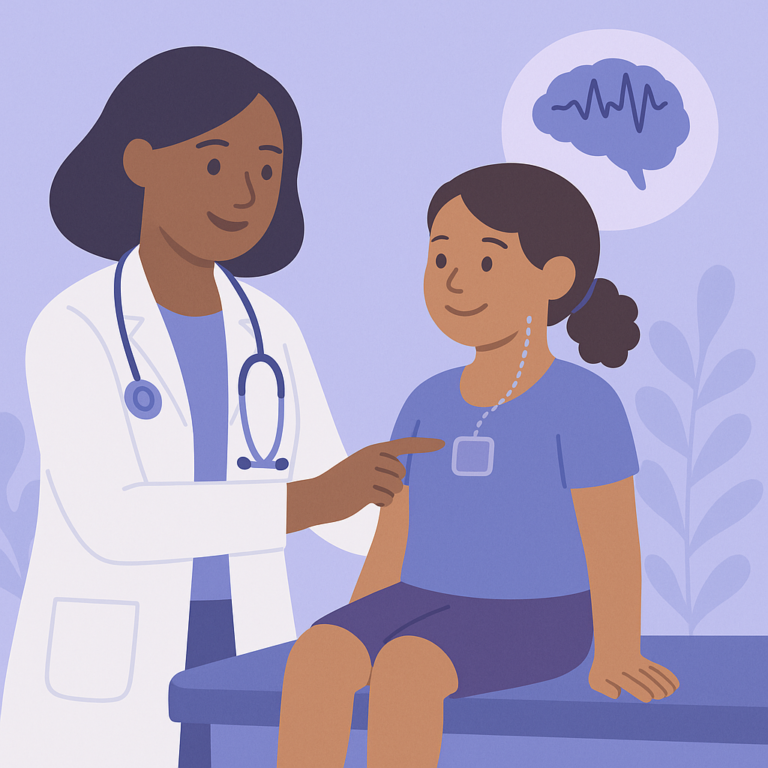
Researchers studied the long-term effects of vagus nerve stimulation (VNS) on people with Dravet syndrome, a severe form of epilepsy.
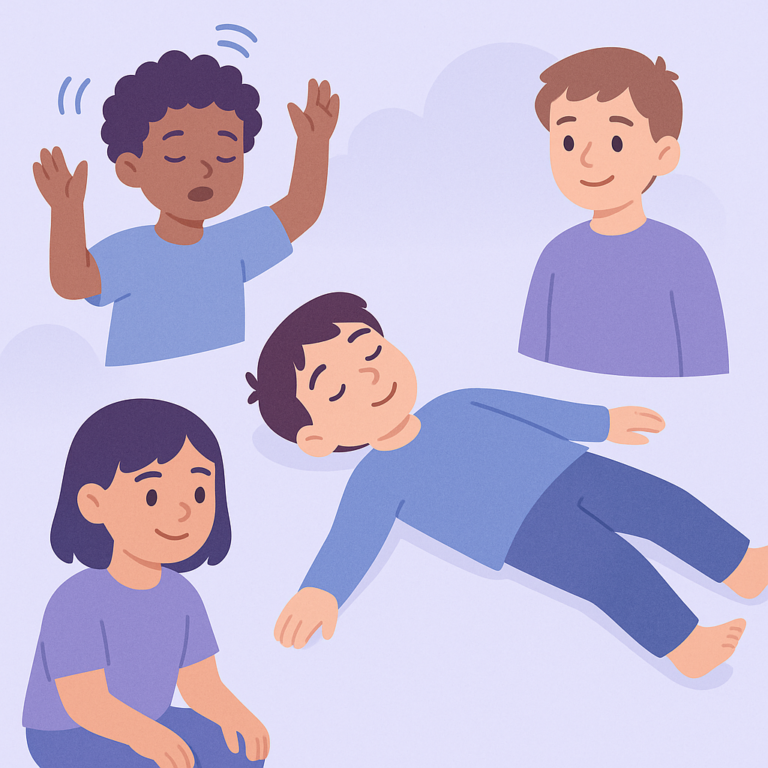
Researchers studied a group of 60 patients with epilepsy characterized by myoclonic-atonic seizures, a type of seizure that can cause sudden falls and loss of muscle control.

This study focused on understanding brain changes in older adults with late-onset unexplained epilepsy (LOUE), which is epilepsy that starts after age 55 without a clear cause.

This study looked at how people with drug-resistant focal epilepsy remember things over time compared to healthy individuals.

This study looked at how effective targeted gene panel testing is for diagnosing epilepsy in children.

This study looked at how well the ketogenic diet works for children with GLUT1 deficiency syndrome (GLUT1DS), a genetic condition that can cause seizures and other neurological problems.
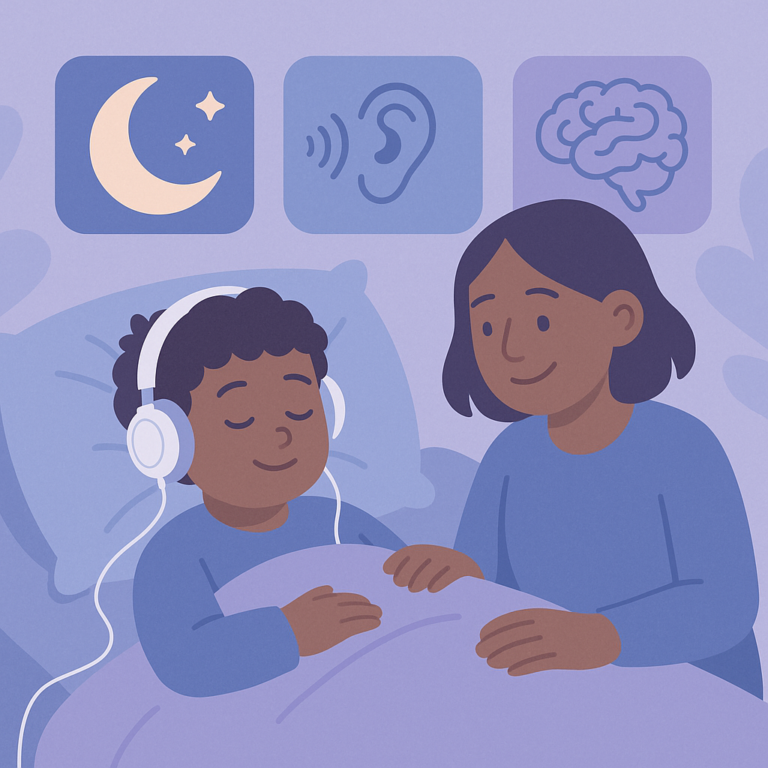
Researchers studied a new method to improve sleep in children with epilepsy, focusing on 27 kids who were undergoing monitoring for their seizures.
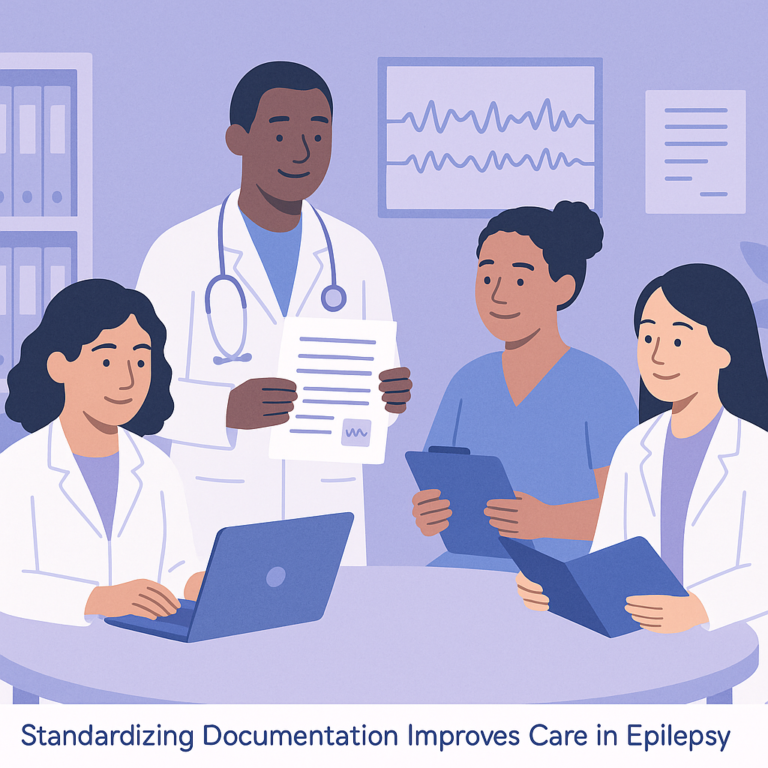
Researchers studied how to improve and standardize the way doctors document patient information in outpatient epilepsy clinics.